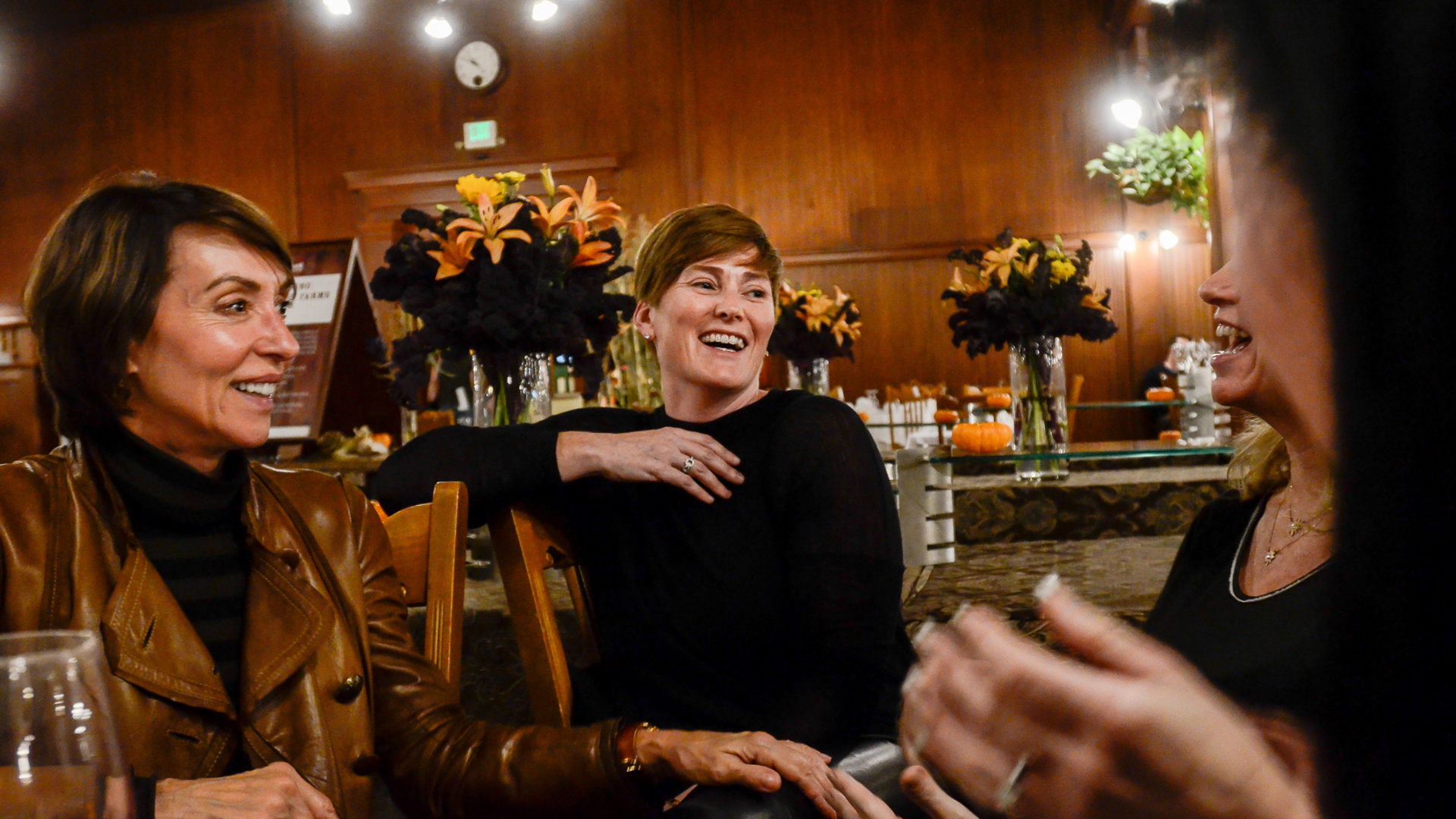Many Angels and VC’s invest in people they know, but what if your network isn’t diverse enough?
Originally published in Women 2.0.
 Photo courtesy of Pexels.com
Photo courtesy of Pexels.com
There’s a phrase I hear in the venture capital world all the time: “Invest from your network; invest in people you know.” I get it. There needs to be a huge amount of trust between investors and entrepreneurs and what better way to establish trust than by reaching out to people in your networks through referrals and existing relationships? The problem is: what if your networks aren’t diverse enough? How many talented founders are getting overlooked, simply because they’re operating outside of certain networks?
I grew up in New Orleans, one of the more diverse cities in America. I lived in multi-ethnic neighborhoods and attended diverse public schools growing up. I’m lucky to have a big, sprawling family with members that span the gender, race, and sexual orientation spectrum. However, I still face challenges in making sure my network is diverse enough. As I’ve advanced my career in the technology, entrepreneurship and investing space, it’s been more of a challenge to maintain the level of diversity that I was accustomed to in my childhood. This is a journey and I’m the first to admit that I have more work to do.
In a global, digital economy, there’s no question that diversity is critical to success. I think that as investors, we need to find more creative ways to reach outside of our existing networks to find deals. The next wave of innovation may come from overlooked talent in unexpected places. This will mean stepping outside of our comfort zones more often. Most of us in the entrepreneurship space are already used to being bold, taking risks and trying new things, so this shouldn’t be too much of a stretch.
There are many organizations working on diversifying the entrepreneurship and innovation space and lots of opportunities to engage, whether it’s Women 2.0, Digital Undivided, Lesbians Who Tech, Black Girls Code, Pipeline Angels, Latina Geeks, Girls Who Code, Code 2040 and more. We’re starting to document some of these resources on our site as well, so please feel free to share others with us and we’ll add them to our list.
There is still a need for groups that focus on moving the needle for certain demographics, but it’s important to keep in mind that you don’t have to identify directly with one of these categories to engage with these groups. Most are very inclusive of allies who want to be supportive of the diversity movement and who want to expand their networks. So, go to an event, or better yet, sponsor an event or offer to volunteer your time.
There’s still a lot of work to be done in achieving diversity in the entrepreneurship space and it’s everyone’s problem and everyone can and should be a part of the solution. I’ve been hearing from white men on our mailing list recently who are wondering if our movement is for them and are grappling with their role. The answer is simple: Yes — we all can play a role.
- Start expanding your networks.
- Step outside of your comfort zone.
- Hire more diverse talent.
- Fund diverse founders.
- Fund organizations working towards diversity in entrepreneurship.
There are now 56 ways to list your gender on Facebook. We live in an era in which gender, race, sexuality, and ability are more fluid than ever before. Breaking down these boundaries is exciting and can help us to build a thriving, innovative future for all. Enough talk. Let’s start with our actions and our money. #FundingForAll.
Join our program this fall to learn more about making an impact by investing in women entrepreneurs of all colors.
